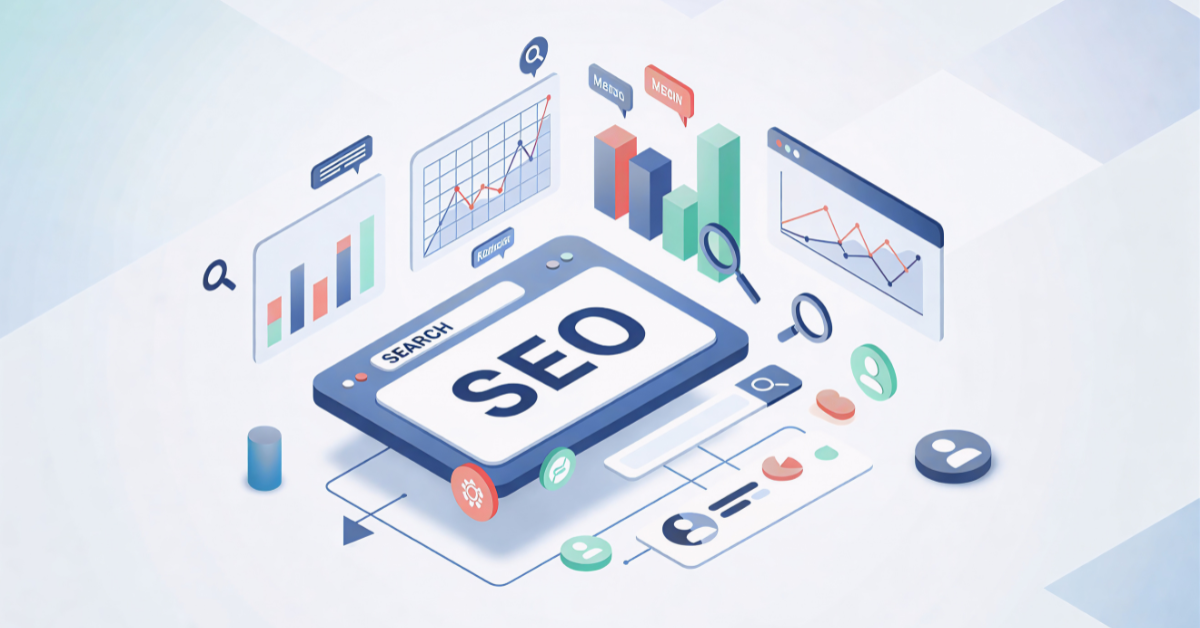Several email marketing automation tools are available that you can try to streamline your email campaigns and enhance your marketing efforts.
Here are a few popular options:
Mailchimp
Mailchimp is a widely used email marketing platform that offers automation features, including email workflows, segmentation, and A/B testing. It provides a user-friendly interface and integrates with various e-commerce and CRM platforms.
HubSpot
HubSpot offers a comprehensive marketing automation suite that includes email marketing capabilities. It allows you to create automated email campaign workflows, segment your audience, and track email performance. HubSpot also offers CRM integration and advanced analytics.
ActiveCampaign
ActiveCampaign is a robust automation tool with advanced segmentation, dynamic content, and behavioral tracking features. It allows you to create complex automation workflows based on user actions and integrates with popular e-commerce platforms.
ConvertKit
ConvertKit is designed specifically for creators and bloggers, offering intuitive automation features. It provides easy-to-use email automation tools, workflows, subscriber tagging, and personalized content options.
GetResponse
GetResponse is an all-in-one marketing platform that includes email marketing automation features. It offers features like automation templates, segmentation, and advanced analytics. GetResponse also provides webinar hosting capabilities.
Drip
Drip is an e-commerce-focused email marketing automation tool. It offers powerful segmentation capabilities, personalized content, and advanced automation workflows. Drip integrates with popular e-commerce platforms like Shopify and WooCommerce.
Brevo (formerly SendinBlue)
Brevo is a versatile marketing automation tool that offers email marketing, SMS marketing, and CRM features. It provides email marketing automation strategy, workflows, segmentation, and A/B testing options. SendinBlue also offers transactional email capabilities.
These are just a few examples, and many other email marketing automation tools are available in the market. When choosing a top email marketing tool here, consider your needs, budget, ease of use, integration options, and scalability to find the best fit for your business.









